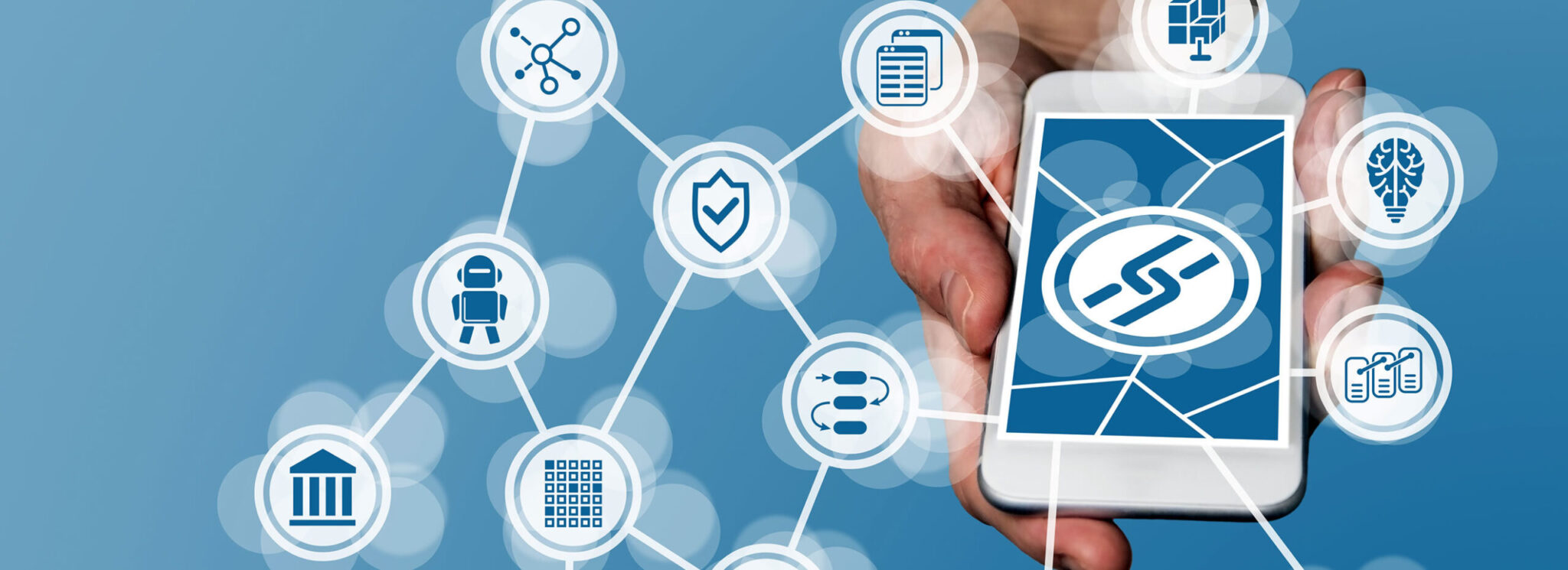You’ve probably heard the phrase “blockchain
technology” tossed around a bit lately. But what is blockchain technology?
How does it affect procurement?
This video from Wired does a superb job of describing
blockchain technology. In it, researcher Bettina Warburg explains it to five
different people, starting with a child and working up to an expert.
What Is Blockchain Technology?
In the old days, people could trade supplies with each
other. Over time, this process grew complicated as other factors came into
play. Much like the complex supply chain with its many stages, invoices,
payments, companies, and individuals involved. However, it lacks
interoperability, traceability, and transparency. And its data is either
unavailable or inconsistent.
Supply blockchain technology will overcome these problems
while adding value and transforming supply chain and logistics. The supply
chain blockchain technology will help with supplier payments, contract bids and
executions, and product traceability. When the blockchain becomes the universal
supply chain operating system, it will boost logistics security, transparency,
and scalability.
Problems with the Traditional Supply
Chain Management
At one time, supply chains were simpler, when most of the
commerce took place locally. Now, manufacturing can occur in another country, and
sometimes in multiple countries. This affects the company’s procurement process
as the involved parties will have to coordinate manufacturing, storage, and logistics
sites across borders.
Another challenge is the fast-changing market demands. This
results in shorter product life cycles and forces companies to redesign their
supply chain to adapt to product changes. Then things happen. What if a
supplier’s lead time changes? This affects procurement activities and inventory
levels, which impact costs and optimization. When the right product in the
right quantity doesn’t show up in the right place at the right time, it’ll lead
to higher costs and customer service problems.
How Supply Chain Blockchain
Technology Transforms Procurement
One of the biggest benefits of logistics blockchain
technology is that companies and individuals can transfer funds anywhere in the
world without a third-party intermediary like a bank. This helps supply chains
operate on a global scale.
Companies with merchandise must be able to trace every
product to its source, from its beginning until it reaches its customer. Blockchain
can record where each product and its parts come from. For example, De Beers
diamond company can track its diamonds from the point of mining to shining on a
customer’s finger. This capability helps De Beers ensure none of its stones are
conflict or blood diamonds. Customers will know they have the real thing.
Blockchain technology also reassures customers they’re supporting a company
with sustainable manufacturing and environmental stewardship.
The Need for Logistics Security
Even with logistics blockchain technology simplifying
things, getting the product made is only part of the equation. Inventory,
transportation, distribution, and logistics still must be factored in.
However, logistics costs have risen for the first time since
2009 according to the 29th
Annual State of Logistics Report. This report notes companies face a
driver shortage, which leads to fewer people and eyes on the company’s assets.
The company needs to find a more cost-effective distribution security to
prevent cargo and vehicle theft.
With the higher cost of logistics, what options do companies
have for distribution and logistics? Distribution
center security technology saves on costs with services like live
video monitoring and remote gate access control protecting the company’s most
valuable assets.
Companies that implement supply chain blockchain technology
will operate more efficiently as it will remove much of the supply chain
complexity. Are you ready to revolutionize your supply chain?
If you’d like to learn more about our customized logistic
security solutions, please contact us.

